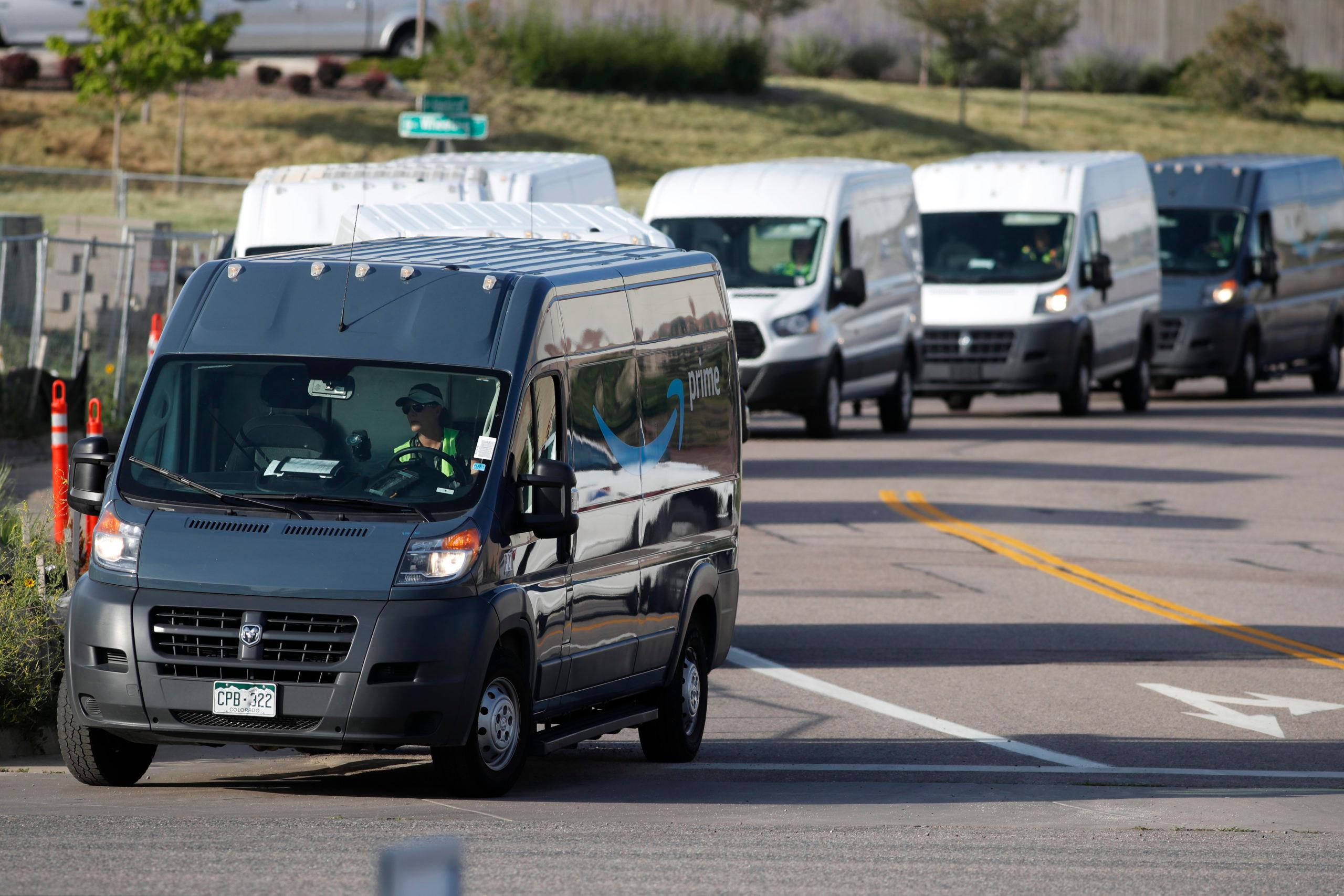
If, in the year 1991, you were running low on, say, toilet paper, you'd probably get in your car, drive to the store, buy it and then go home. Along the way, you might stop at the gas station and fill up your tank.
Now, you could order it on Amazon and have it delivered in a day. Or take an Uber or Lyft. Or, if you own an electric car, you could make a similar trip — no stop at the gas station necessary.
All of those new methods still use Colorado's network of roads. But now you, the end user in this scenario, don't pay the state and federal gas tax that makes up the bulk of the state Department of Transportation's budget.
So, at the behest of the legislature, CDOT has been looking into how all those emerging methods of transportation (and more) affect the state's roads.
"All of these trends impact the condition of existing roads, and influence levels of traffic, local air pollutants and greenhouse gas emissions," CDOT Executive Director Shoshana Lew and Colorado Energy Office Executive Director Will Toor wrote to lawmakers in a lengthy report published this week.
The report's authors also looked into how users of those goods and services can chip in to pay for the infrastructure they use.
The answer, in a word: fees.
CDOT estimates new fees could generate new revenues of anywhere from $14 million and $80 million. And that's expected to continue to grow as emerging technologies become more popular.
"If we don't start to create the mechanisms that will capture those future uses, it becomes harder later on," Lew said in an interview.
The report offers a variety of possibilities, from a flat fee added on the purchase price to another levied on the number of miles traveled. Discounts could be provided for shared rides or trips made in zero-emission vehicles.
Sandra Solin, spokeswoman for Fix Colorado Roads, a business-backed group that lobbies for more transportation funding, said CDOT's recommendations for more fees make sense.
"At the end of the day, everyone should pay for the road they are utilizing," Solin said.
It will be up to the legislature to set up and approve any new fees. Lawmakers reconvene in January.









